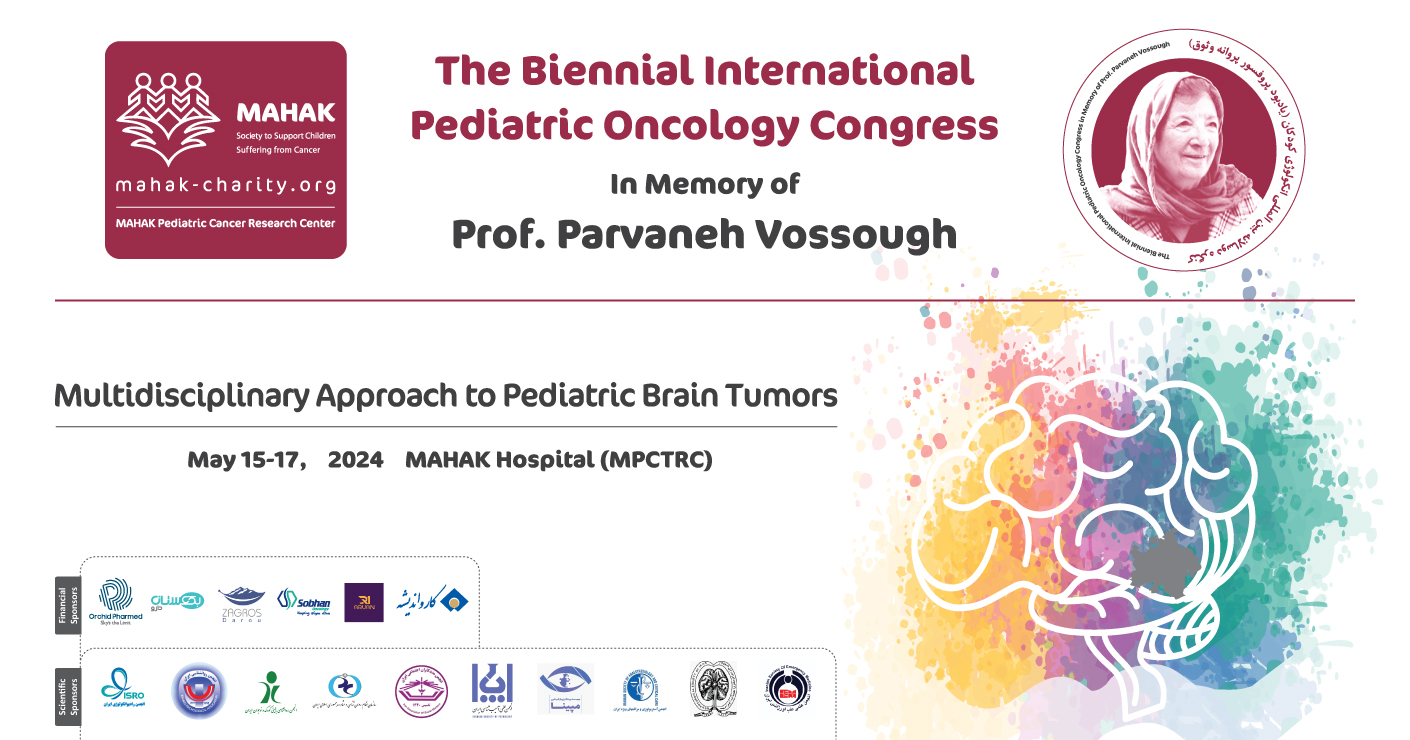
The Biennial International Pediatric Oncology Pediatric Congress
- 13 May 24
- 907 revirew
- 0 comment
The Biennial International Pediatric Oncology Congress
In September 2018, the WHO announced a new initiative – the WHO Global Initiative for Childhood Cancer – aiming to achieve a minimum 60% survival rate for children with cancer by 2030, potentially saving an additional one million lives. This target signifies a doubling of the global cure rate for children with cancer. The goals of the Initiative are twofold: to enhance the prioritization of childhood cancer through global and national awareness campaigns, and to bolster countries’ capabilities in delivering optimal childhood cancer care. Specifically, the WHO will aid governments in evaluating current cancer diagnosis and treatment capacities, including medicine, equipment, and technologies; establishing and funding essential cancer diagnosis and treatment programs; and integrating childhood cancer into national strategies, healthcare packages, and social insurance systems.
One of the programs outlined by the International Society of Pediatric Oncology (SIOP) as a strategic partner of the World Health Organization is the twinning program, which suggests forging partnerships between high-income country oncology centers and those in low- or middle-income countries. In order to enhance their medical team’s expertise and facilitate international collaboration, MAHAK provides them with SIOP membership. Additionally, MAHAK has defined its strategic program for the years 2024-2022 as “Treatment transformation via SIOP protocols.”
The realization of these objectives necessitated regular interactions with international experts in Pediatric Neuro-Oncology, including Professor Eric Bouffet, the former president of the Society of Pediatric Oncology (SIOP) and a member of the board of directors of the Union for International Cancer Control. Consequently, enhancing the knowledge of the MAHAK medical team in pediatric brain tumor treatment, as a prominent center for treating such tumors, became a priority for the hospital.
Pediatric brain tumors often come with long-term effects and cognitive challenges. Therefore, employing multidisciplinary treatments enhances treatment effectiveness and reduces side effects. Following three biennial International Pediatric Cancer Congresses in memory of Prof. Parvaneh Vossough, MAHAK will host the fourth congress focusing on “Multidisciplinary Management of Common Pediatric Brain Tumors.”
Currently, MAHAK supports over 13,000 children with cancer nationwide. Brain tumors rank as the second most prevalent childhood cancer, and early diagnosis can significantly improve control and treatment outcomes with fewer long-term effects and cognitive issues. The congress aims to advance knowledge and professionalism among medical teams and caregivers in the field of neuro-oncology to enhance the survival rates of patients with brain tumors.
Target Groups
| Pediatric Endocrinology | Physicians |
| Nursery | Psychology |
| Social Work | Rehabilitation (Physiotherapy and Occupational Therapy) |
| Pediatric Hematology-Oncology | Radiation Oncology |
| Neurosurgery | Radiology |
| Pediatricians | Emergency Physiology |
| Pathology | Pediatric Neurology |
| Anesthesiology and Pain Medicine |
